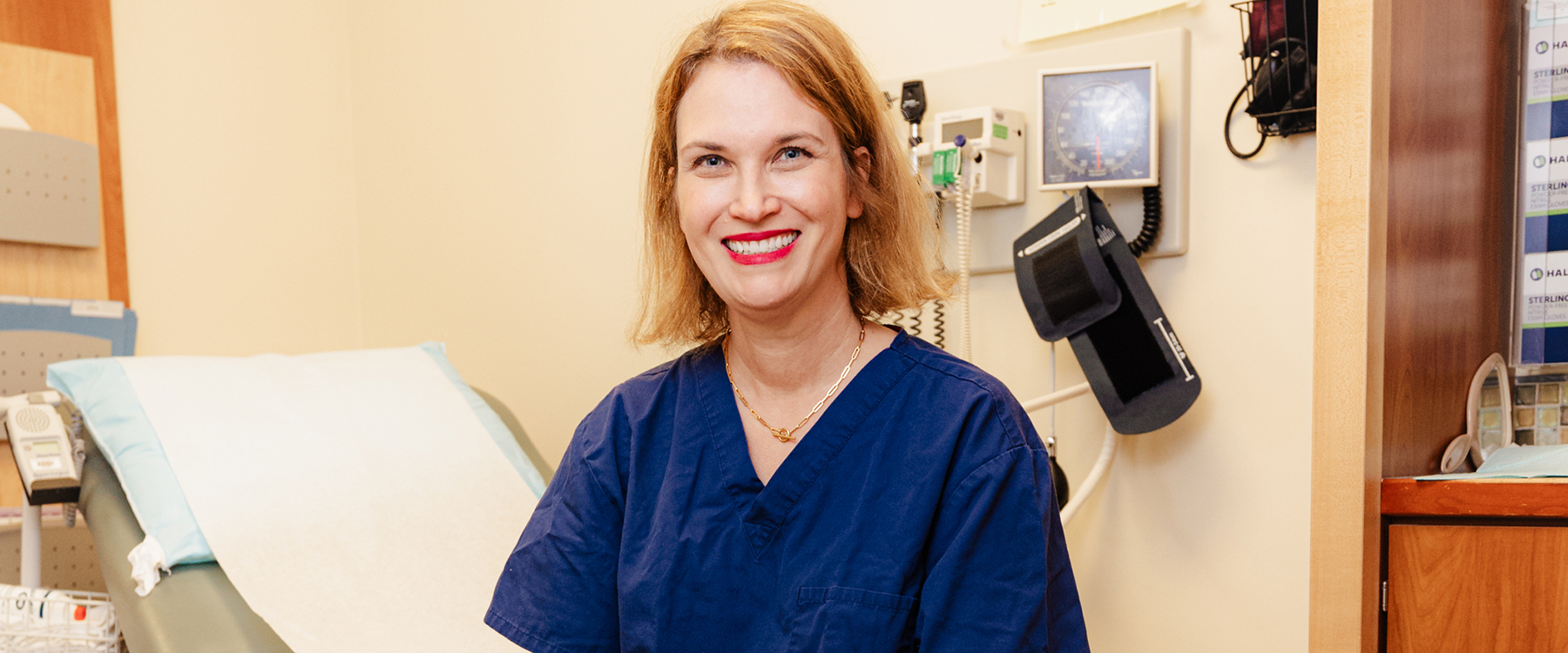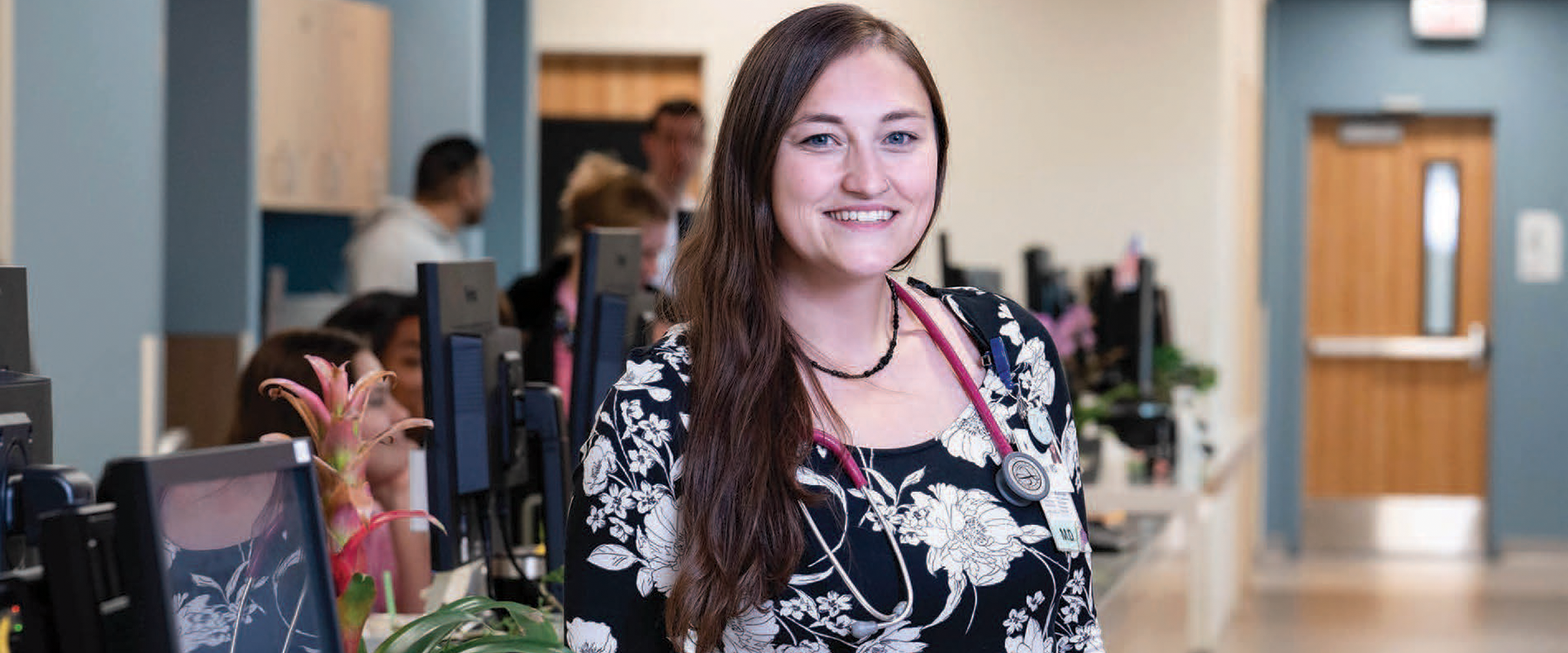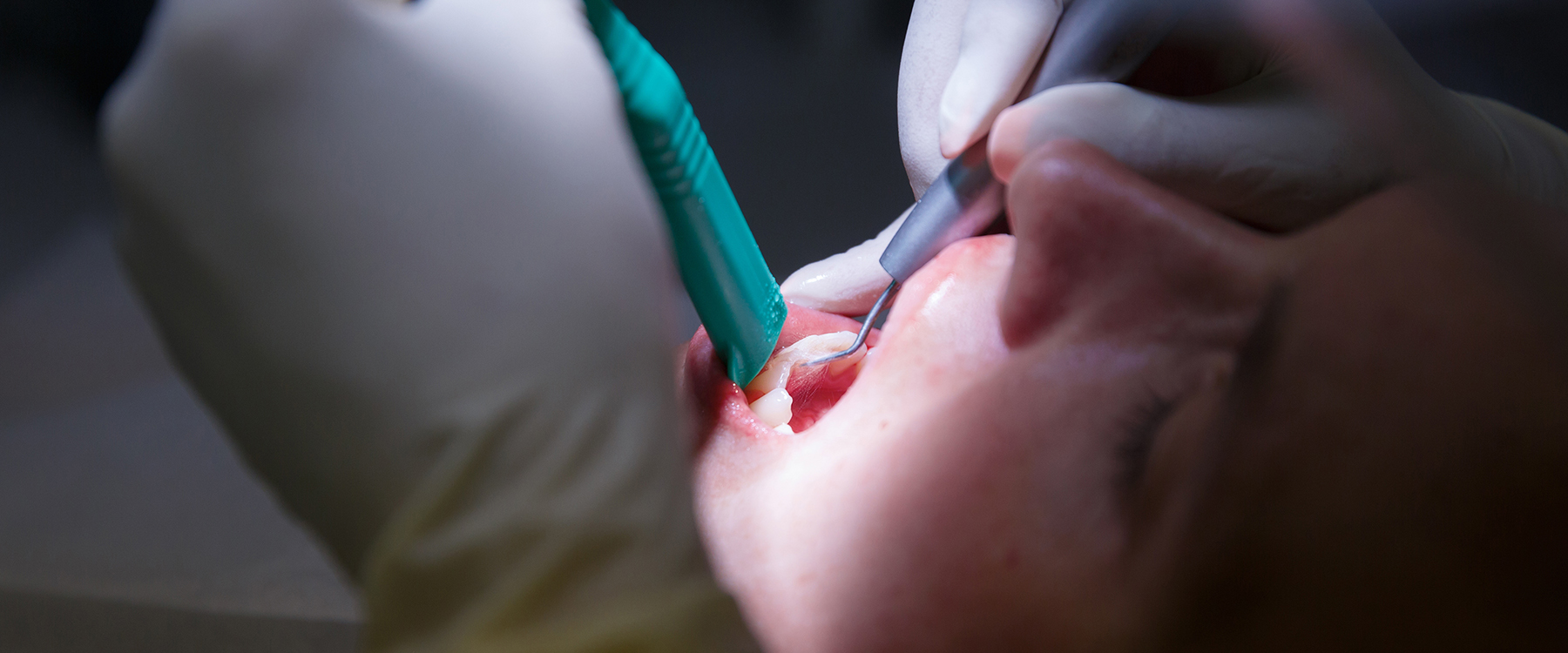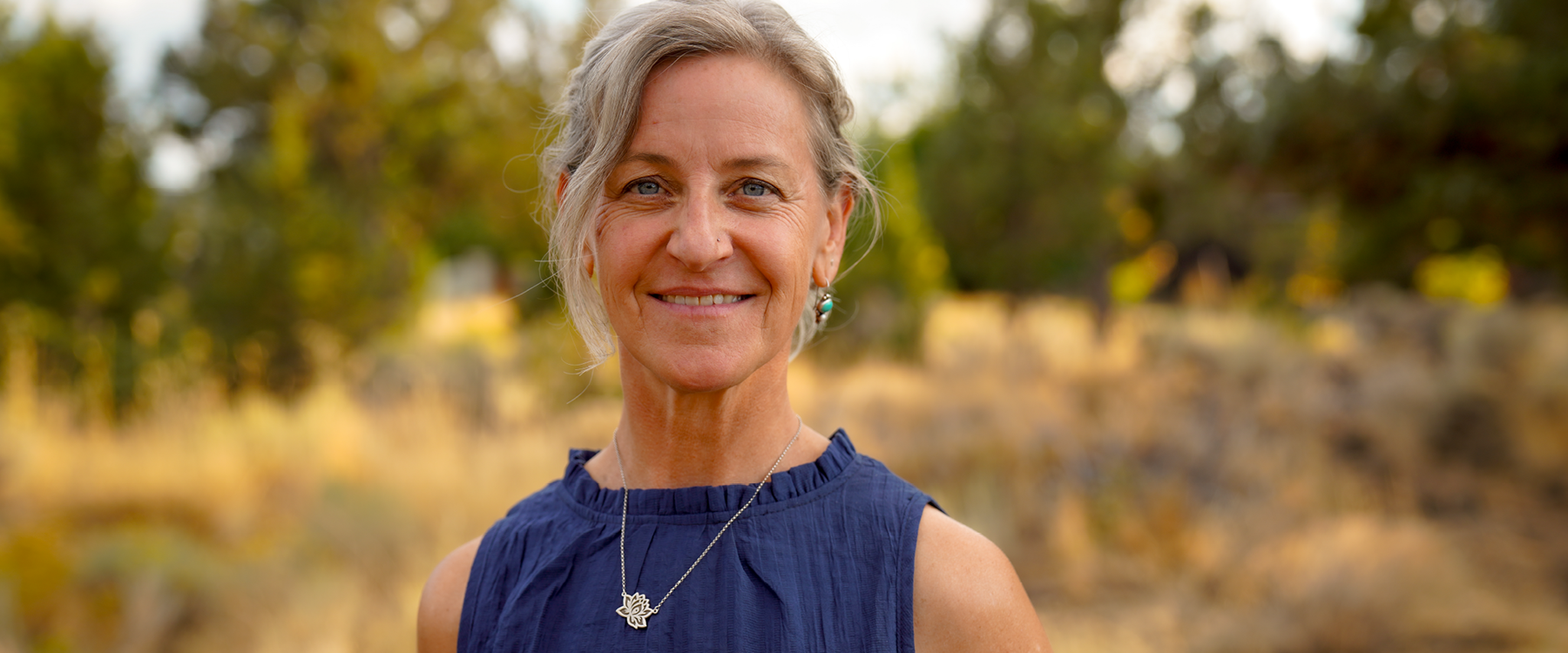As director of the OHSU Center for Women’s Health, as well as the OHSU Center for Reproductive Health Equity, Maria Rodriguez, M.D. ’04, M.P.H., R ’08, works to advance evidence-based reproductive health services, education and policy research, and identify and improve disparities in women’s health.
“Women’s health remains one of the most legislated and least researched areas of medicine,” Rodriguez says.
One of the initiatives of the Center for Women’s Health is to address disparities in the perception and treatment of women’s pain. Rodriguez, also a professor of obstetrics and gynecology in the OHSU School of Medicine, acknowledges that society still suffers from racism and misogyny, including among health care providers.
“Across the U.S., our health care system is failing in the recognition and treatment of pain among women. Compared to their male counterparts, women are more likely to wait longer and less likely to receive treatment for pain,” she says. “Provider biases and health systems’ factors can actually exacerbate pain.”
Rodriguez says that, throughout the U.S., there is a pervasive belief that women’s pain is somehow innate and therefore doesn’t need to be treated. For example, a provider may tell a patient that because they’ve experienced the pain of delivering a child, having an endometrial biopsy will be easily tolerated.
“We need to individualize pain management for gynecologic procedures,” Rodriguez says. “We don’t want pain to be a barrier to care.”
“Women’s health remains one of the most legislated and least researched areas of medicine.”
Maria Rodriguez, M.D. ’04, M.P.H., R ’08
The Center for Women’s Health provides health care for women and sexual and gender minorities across the lifespan, including obstetrical and gynecological care. The care provided involves intimate and at times invasive procedures, including procedures that can be painful.
The Center for Women’s Health mission is to provide trauma-informed care, empowering women to ask for what they need and responding with individualized treatment. Rodriguez believes patients will be more likely to come to the center for health services if they feel their concerns are addressed.
“Part of trauma-informed care is ensuring that women are heard so that fear of pain won’t prevent them from getting their intrauterine device, for example,” Rodriguez says. “Or a history of sexual assault and the need for a pelvic exam won’t keep them away from coming in with abnormal bleeding that needs a biopsy.”
To meet patient needs, the Center for Women’s Health offers individualized, procedure-specific pain treatment including ibuprofen, local block, oral sedation or moderate sedation, as well as the upcoming addition of nitrous oxide.
“Having moderate sedation within the Center for Women’s Health is something we are proud to be able to offer our patients,” Rodriguez says. “We have worked hard to be able to provide these options, and it’s something we’re really fortunate to have here at OHSU.”
Rodriguez desired a profession that would allow her to work for societal change and social justice, and a career in medicine fit the bill. She chose to attend the OHSU School of Medicine because she felt her interests were reflected among the faculty. As a student, Rodriguez says she encountered faculty members who were leaders for social justice.
“The OB/GYN faculty really made it clear how things like policy, sexism and racism directly impacted the care of the individuals we were seeing,” Rodriguez says. “And that really resonated with me.”
Among underserved populations, disparities in gynecologic health care for persons of color are magnified. Access to gynecologic procedures is more limited for persons of color; Black Americans are undertreated for pain compared to white Americans. Rodriguez feels it is essential for health care workers to recognize and correct their own implicit biases.
“People are afraid that they’re not going to be treated well because of the color of their skin or that they’re not going to be taken seriously,” she says.
A diversified population among health care providers also helps make clinics more welcoming. Rodriguez sees the OHSU Health Equity Organization’s summer internship program as a valuable way to encourage and recruit students from underserved communities to pursue careers in health care and scientific research.
Women’s health remains understudied and underfunded in the U.S., especially in areas outside of pregnancy and reproductive concerns. Rodriguez recently completed a research study that demonstrated a large unmet need for menopausal care in Oregon.
To address this need, the Center for Women’s Health has launched an eight-week educational course on the management and treatment of menopause for primary care providers in Oregon. The center also regularly partners with colleagues working in other specialties at OHSU, such as cardiology and mental health, to address some of the known care gaps that women experience across their lifetime, including during menopause.
“As a society, we don’t place a lot of respect or esteem on caring for women,” Rodriguez says.
She sees OHSU as a strong university with research and clinical resources, situated in a state known for progressive reproductive health care. She believes OHSU can be a national leader not only for reproductive health but for lifelong women’s health care.
“I think it’s not just our opportunity, it’s our responsibility to lead in science and health care for women.”
Maria Rodriguez will lead a Timely Topics presentation on “Women and Pain: Disparities in Experience and Treatment” on May 14. Timely Topics are monthly webinars discussing current issues impacting alumni, students and faculty sponsored by the OHSU School of Medicine Alumni Association.




